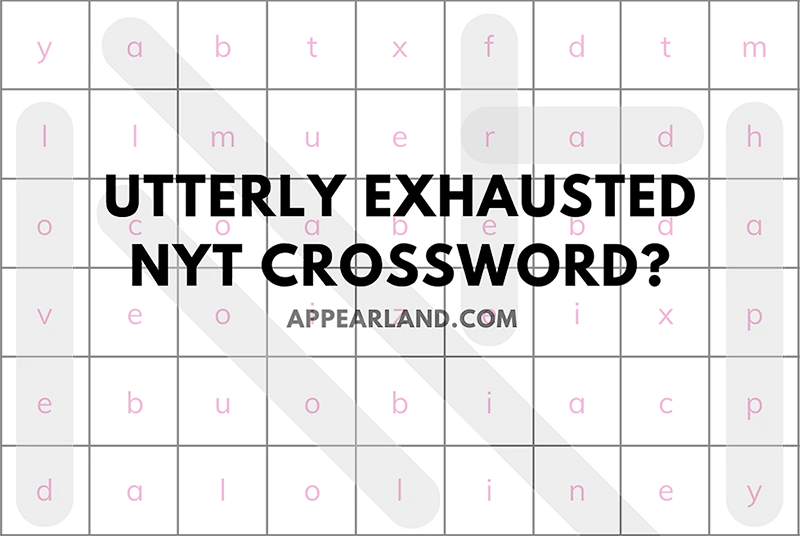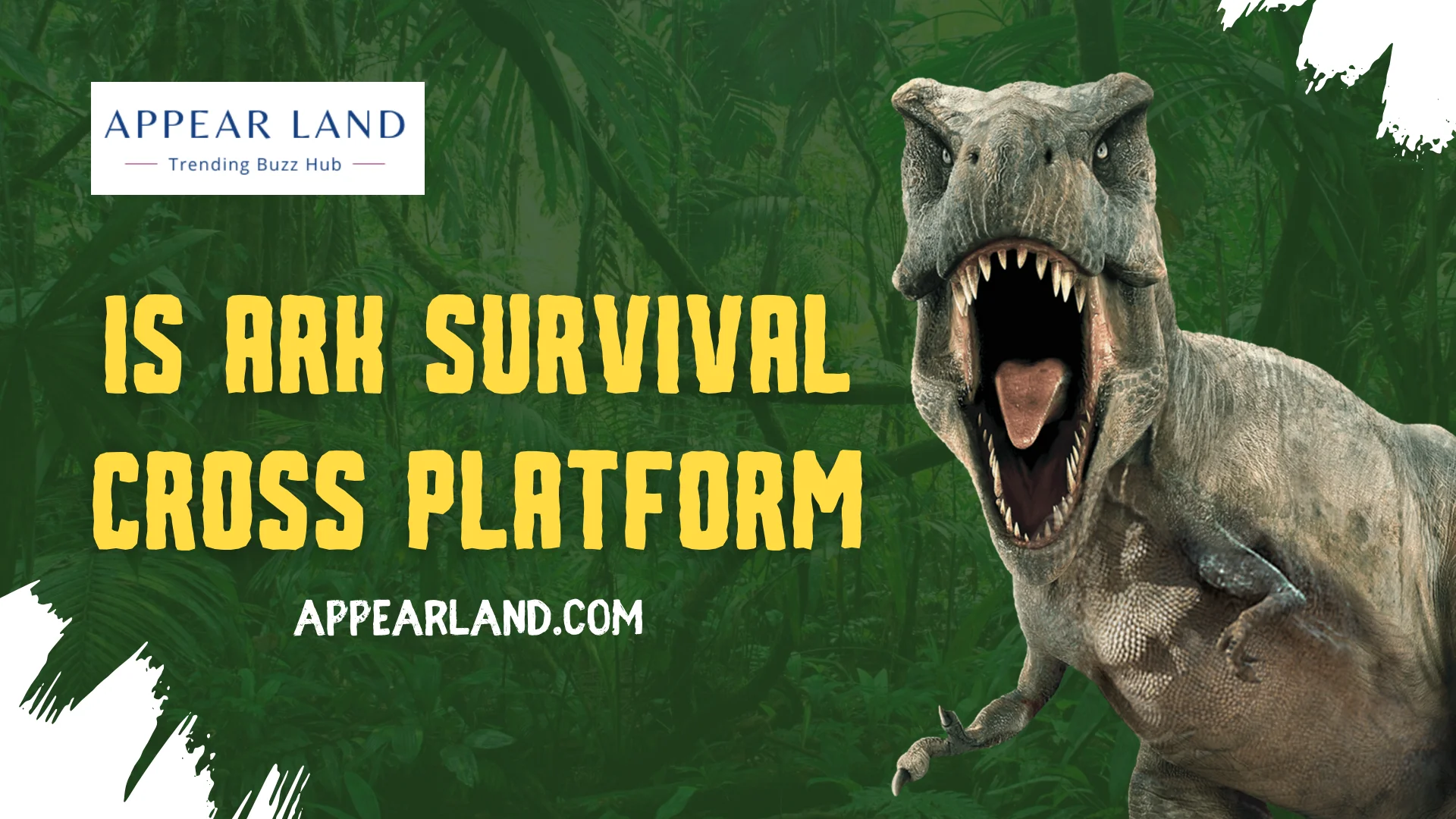Utterly Exhausted Nyt Crossword? Here’s Your Guide to Conquering It

Do you ever find yourself staring at the daily New York Times (NYT) crossword puzzle, that once-inviting grid of white and black squares now transformed into a taunting labyrinth? Have those clever (or perhaps maddeningly cryptic) clues left you feeling utterly exhausted, on the verge of surrendering your pencil in defeat?
Fear not, wordplay warriors! This comprehensive guide is here to be your champion. We understand the struggle – the furrowed brows, the muttered imprecations, the exhilarating “aha!” moments followed by utter befuddlement. But fret no more!
Here, you’ll discover the secrets to not only conquering those “utterly exhausted nyt crossword” but also rediscovering the joy of the puzzle itself. So, grab your pen, sharpen your wit, and get ready to embark on a journey of linguistic triumph.
Table of Contents
What is a Crossword Puzzle?
Think of it as a warm-up exercise, a chance to limber up your vocabulary and prepare for the glorious mental battle that awaits. At its heart, a crossword puzzle is an elegant dance between logic and wordplay.
Imagine a grid, a playground of black and white squares. Should you decide to take on the challenge, your task is to populate the blank squares with letters, creating words that intertwine both horizontally and vertically, resembling a woven tapestry of language.
Types of Utterly exhausted nyt crossword:
The New York Times (NYT) crossword puzzle is a daily mental challenge, a test of vocabulary and logic that can leave even the most seasoned solver utterly exhausted. But before we delve into strategies to conquer those head-scratching clues, let’s explore the vibrant world of crosswords beyond the NYT grid’s confines.
Themed crosswords: Themed crosswords, for instance, are like themed amusement parks for your brain. Imagine a puzzle centered around a specific topic, like music or history. The clues and answers will all dance around this central theme, making the solving experience not just challenging but also thematically delightful.
Diagramless crosswords: Diagramless crosswords take things a step further, removing the black squares from the grid and leaving you to decipher word placement based solely on the clue lengths. Imagine solving a jigsaw puzzle with only the number of pieces in each row and column as your guide – a true test of logic and deduction.
Variety crosswords: Variety crosswords throw in additional elements like rebuses (pictures representing words) or visual elements, adding another layer of intrigue to the solving experience. These variations can be a great way to keep things fresh and challenge yourself in new ways.
Utterly exhausted nyt crossword: Understanding the Challenge
- The NYT crossword is known for its clever wordplay, including puns, double entendres, and cryptic references that make up its clues. – It covers a wide range of topics, challenging players with diverse knowledge requirements that might include history, science, literature, and more.
- The puzzle often includes unfamiliar vocabulary, testing players’ lexicon depth and ability to infer meaning from context clues.
- Overcoming these challenges requires understanding the tactics used by the NYT Crossword and developing effective strategies to solve them.
- By mastering these skills, players can transform feelings of exhaustion into a sense of accomplishment when completing the puzzle.
Sharpen Your Skills:
Think of it like building a sturdy fortress. The stronger your foundation, the better equipped you are to weather the onslaught of those tricky NYT clues. By actively expanding your vocabulary and brushing up on your general knowledge, you’ll be well on your way to tackling even the most “utterly exhausted nyt crossword” clues with a newfound sense of empowerment. So, let’s get started on building that mental fortress, brick by metaphorical brick!
Beyond the Grid:
Studies suggest that crosswords can improve memory function, vocabulary retention, and even critical thinking skills. As you grapple with those tricky clues, you’re essentially strengthening the neural pathways in your brain, keeping it sharp and agile.
Furthermore, the utterly exhausted” NYT crossword can be a surprisingly effective stress reliever. The act of focusing intently on the puzzle at hand can act as a form of meditation, pushing aside daily worries and anxieties. It’s a mental escape, a chance to lose yourself in the world of wordplay and hidden meanings. It’s a testament to your perseverance, your vocabulary prowess, and your ability to think laterally.
Strategies for Overcoming Clues:
Staring down an “utterly exhausted” NYT crossword clue – a cryptic sentence that seems designed to leave you bewildered. Think of these strategies as your secret weapons, ready to be deployed against those seemingly insurmountable clues. Here, we’ll explore techniques that will help you approach the puzzle with flexibility, resourcefulness, and a touch of lateral thinking.
By embracing multiple interpretations, leveraging external resources strategically, and thinking outside the box, you’ll transform those moments of frustration into opportunities for creative problem-solving.
Conclusion:
The once-daunting grid of black and white squares, the cryptic clues that left you feeling utterly exhausted – these are no longer adversaries, but stepping stones on your path to crossword mastery. By employing the strategies outlined above, you’ve transformed yourself from a bewildered beginner into a confident NYT puzzle solver.
Remember, the journey of solving a challenging crossword puzzle is just as rewarding as the final answer.
FAQs:
Why does the NYT crossword leave me feeling utterly exhausted?
The NYT employs a multi-pronged attack! Cryptic clues, a vast range of knowledge required, and unfamiliar vocabulary can all leave you feeling bewildered. But don’t despair – with the right strategies, you can overcome these challenges.
Are there any resources available to help me solve those tricky NYT clues?
You bet! Crossword-solving dictionaries and online forums can be lifesavers. Use these resources strategically to jog your memory or unearth obscure references. Remember, there’s no shame in seeking help – it’s all part of the learning process!
I get stuck on a clue for ages. What should I do?
Sometimes, the best solution is to take a break! Stepping away allows your brain to refresh and approach the clue with a new perspective. When you return, you might just see the answer staring back at you!
I finally finished the NYT crossword! Now what?
Celebrate your victory! Completing a challenging puzzle is a testament to your perseverance and mental agility. Now, use the momentum to keep practicing and expand your crossword-solving skills. Don’t forget, the process is just as fulfilling as the end result.




